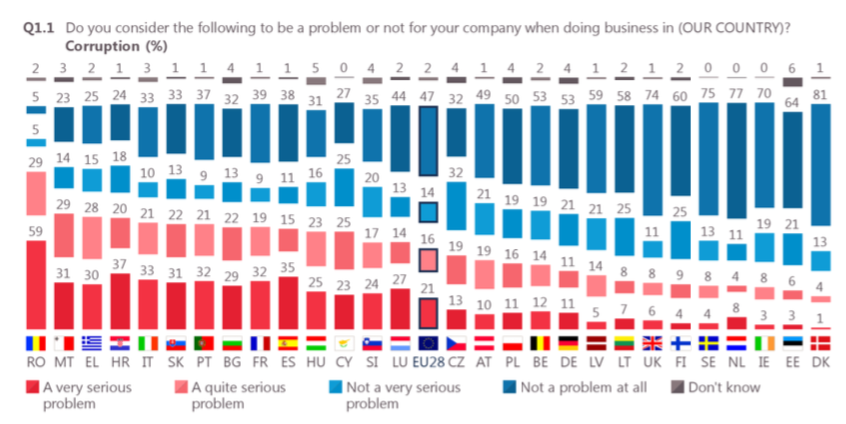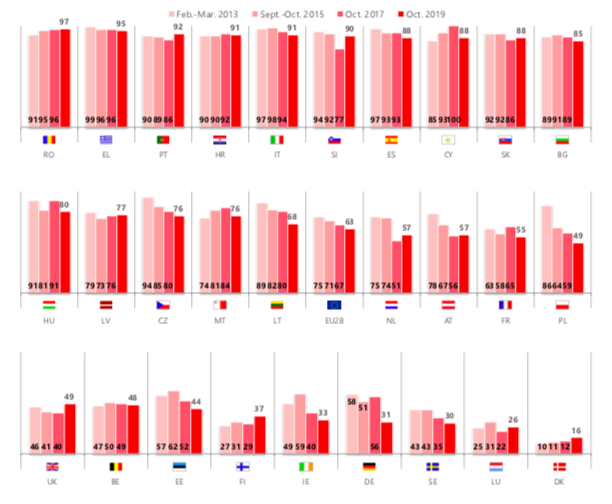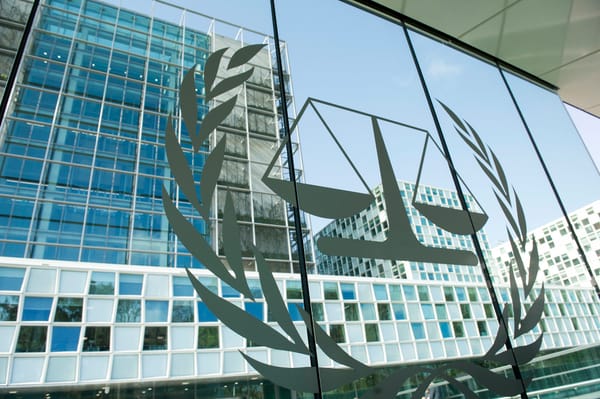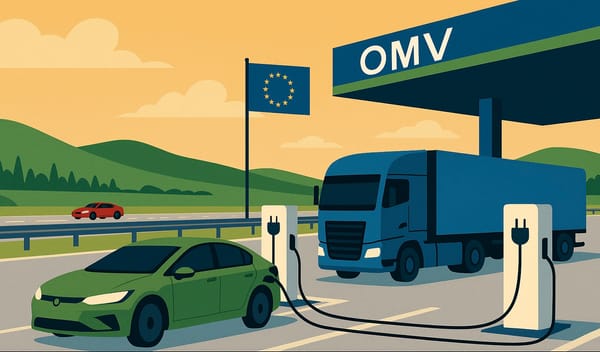
Corruption not seen as major issue by majority of firms in Poland, Czechia, Austria- Ipsos poll
Corruption is considered a very serious problem by 59% of business leaders in Romania, the highest percentage in the EU, according to a recent survey from Ipsos European Public Affairs.
Perceptions of graft vary greatly across the continent and business sectors, according to the pollster, which was commissioned to carry out the survey by the European Commission.
After Romania, next on the list amongst Central and Eastern Europe (CEE) countries was Croatia, Ipsos found. In the Balkan country, 37% of heads of companies perceived or experienced corruption as a very serious problem, followed by Slovakia (31%), Bulgaria (29%), Hungary (25%), Slovenia (24%), all above the EU average of 21%.
In Czechia, corruption was seen as a very serious problem by only 13% of business leaders, ahead of 12% in Poland, and 10% in Austria. The Baltic countries had the lowest levels of perceived corruption, with 7% perception amongst Lithuanian company bosses and 5% in Latvia. Only 3% of Estonian business leaders see corruption as a very serious problem, the lowest rate in CEE and only ahead of Denmark in the EU as a whole.

Ipsos wrote that “Corruption is a serious challenge for all societies and it takes many forms, such as bribery, trading in influence, abuse of functions, but can also hide behind nepotism, conflicts of interest, or revolving doors between the public and the private sectors.
“The aim of this survey is to understand EU businesses’ attitudes towards corruption in the EU and compare them with the previous polls carried out in 2013, 2015 and 2017.”
The perception that corruption is widespread has decreased in the majority of EU member states since 2013, but remains high in some. Since 2017, the share of CEE companies that consider corruption being widespread increased most markedly in Slovenia (90%, up 13 percentage points). Since the survey was conducted, political newcomer Robert Golob has succeeded nationalist Janez Jansa as prime minister of the country, however.
Industry leaders in Croatia perceived the highest level of widespread corruption (91%), ahead of Slovakia (88%), Bulgaria (85%), Hungary (80%), Latvia (77%), Czechia (76%), Lithuania (68%), Austria (57%), Poland (49%), and with Estonia in last place with 44%.

Pollster Ipsos conducted 12,790 interviews in April 2022 with business leaders at companies present in six sectors: energy/chemicals, pharma/health care, construction, telcos/IT; banking/finance/investment, and engineering/electronics/auto.
As a concern for businesses, with a score of 37%, graft ranked in the EU below fast-changing legislation and policies (63%), complexity of administrative procedures (62%), restrictive labour regulations (48%), inadequate infrastructure (46%) and lack of means or procedures to recover debt (45%).





